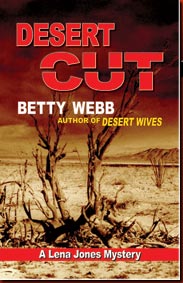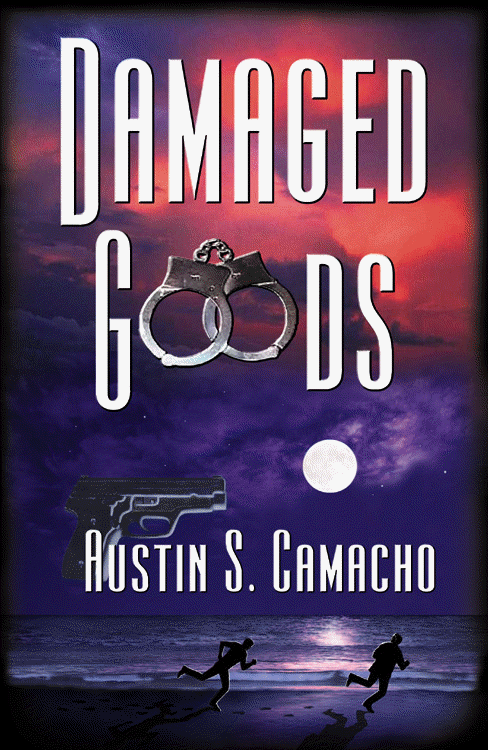Admittedly, I think my growing up was somewhat different, and I'm glad of it. My parents were a little older, mom achieving motherhood for the first time in her late thirties.
There were disadvantages to having slightly older parents, but one thing I always enjoyed was the family stories. Growing up in the
Great Depression, mom and dad had experiences that even then seemed quaint and old-fashioned - reading by
kerosene lamp,
oilcloth-covered tables, putting a penny in the electric meter to "cheat" the meter. Photos revealed other links, a grandmother wearing high button shoes, mom as a teen in the 1930s looking cute and as fashionable today in
jeans and a peasant top.
I seemed to soak up those old stories and developed a big interest in earlier decades.
Forties music was a favorite. I still love
Glenn Miller. I was fascinated by
78 records. I wondered what it was like growing up in the
Roaring Twenties.
Not surprisingly, that love of past history makes it into my writing. For instance, Lita, Sam's best pal in
Searching For A Starry Night, comments about her mother's favorite 70's song by
Tony Orlando and Dawn, "Knock Three Times."
The group and title drew a big blank when I talked to a group of kids at a recent event. I'm sure some parents are getting asked who that is when their kids read the book.
When a group of middle grade girls recently asked what other books I was working on, I mentioned my adult mystery, which is set in an old
vaudeville theater. That also drew blank stares, as did the name of comedian
George Burns.
Ancient history? Maybe. But it's sad that with passing time, cultural history is fading away. Maybe I knew more than most, given I had an interest. I enjoyed different music and films from different eras. I knew tidbits of history. I knew and could enjoy watching Charlie Chaplin or
silent film star Clara Bow.
It made me sad reading that the
last US survivor of the Titanic had died. The last
World War I veteran died at age 108. World War II soldiers are dying every day.
History passes, but as these generations die off, so goes that living link to the past, to what we were. That part of history becomes relegated to dusty old history books and unrecognizable faces in old cabinet photos left to the second hand or antique store.
Those people of past generations, their actions and their part in our ancestry, made us, and our country, what it is.
Sad to think that they are being forgotten; that present generations aren't learning more of their cultural history beyond what
Miley is doing or which
Jonas Brothers is cuter.
Sad that maybe the government's insistence on testing and pushing teachers to teach to the test is making cultural history nothing more than a footnote.
Or maybe in the rush of 21st century life - with demanding jobs, family activities, sports, etc. - there isn't time any more to talk, to remember grandma's favorite sayings and stories, to pull out the family photo album and talk about the
"good old days". Don't families take time anymore to acquaint kids with the games mom and dad grew up with, or share those funny family stories about times before TV and modern conveniences?
Maybe there's not enough time, but there should be.
Why not take one night a month and reminisce, dust off the photos, write down those old stories? Maybe work on a family history project. It'll give the kids a solid foundation, a cementing of who they are and help them realize that the past really isn't so boring. And it'll make those rapidly fading parts of history less likely to vanish forever.









